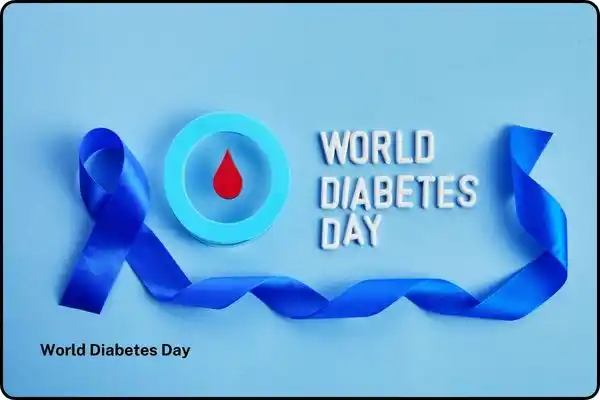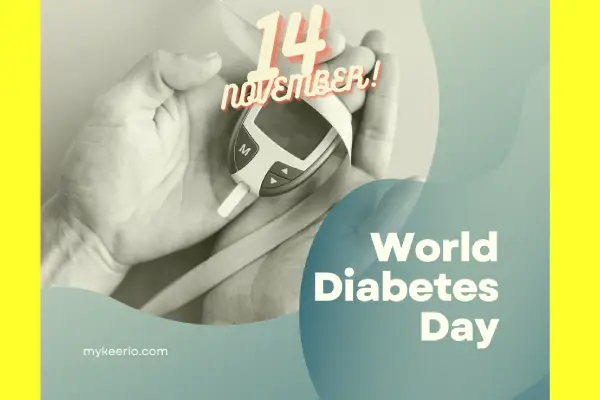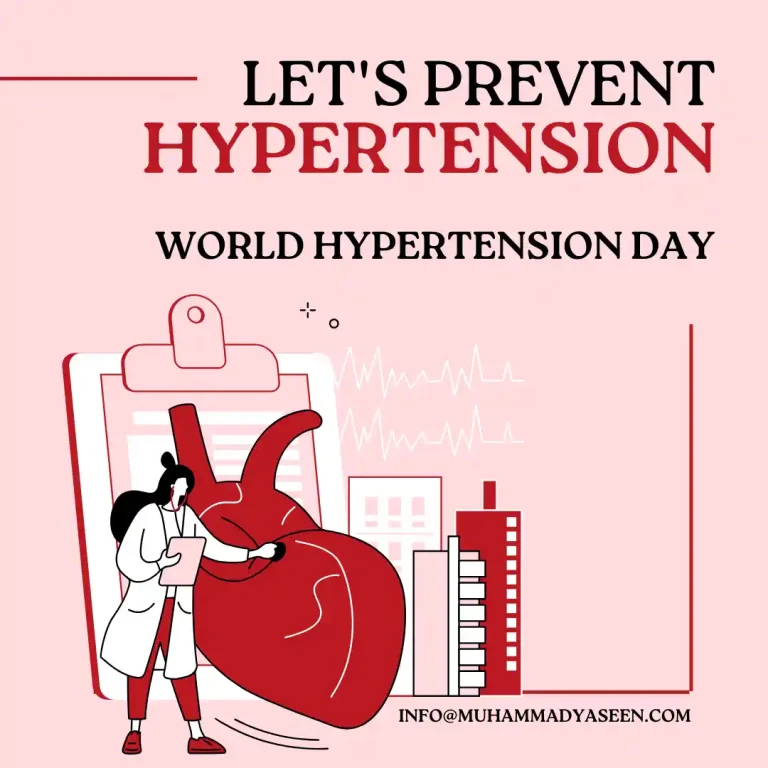World Diabetes Day
World Diabetes Day: Breaking Barriers, Bridging Gaps for a Healthier Future
Each year on November 14, World Diabetes Day shines a light on diabetes as a critical public health issue impacting millions worldwide. This day serves as a reminder of the importance of understanding, preventing, diagnosing, and managing diabetes with the collective effort of individuals, communities, and healthcare systems. With diabetes affecting nearly 1 in 10 people globally, the need for awareness and accessible healthcare solutions has never been more vital.
Understanding Diabetes and Its Global Impact
Diabetes is a chronic condition that arises when the body cannot produce enough insulin or properly use it, leading to high blood sugar levels. Left unmanaged, diabetes can cause severe health complications, including heart disease, nerve damage, kidney failure, and even blindness. The rise in global diabetes rates has been staggering, particularly type 2 diabetes, largely due to changes in lifestyle, urbanization, and dietary patterns. Early diagnosis and effective management can prevent complications and improve quality of life for millions.
Theme for 2024: “Breaking Barriers, Bridging Gaps”
The theme for this year’s World Diabetes Day, “Breaking Barriers, Bridging Gaps,” focuses on eliminating the obstacles to diabetes care, such as economic disparities, lack of awareness, and limited healthcare access in underserved regions. It underlines the need for accessible, affordable, and quality care for all, particularly for individuals in marginalized or low-income communities. By addressing these barriers, the aim is to create a more inclusive healthcare environment where people with diabetes can receive timely diagnosis, effective treatment, and the support needed to manage their condition.
Events and Activities
To reinforce this theme, WHO and the International Diabetes Federation (IDF) are hosting a joint webinar titled “Breaking Barriers and Bridging Gaps,” which took place on November 13, 2024, from 14:00 to 15:00 CET. This event provided a platform for healthcare professionals, policymakers, patients, and advocates to discuss strategies to improve diabetes care and create impactful changes.
Global Diabetes Coverage Targets by 2030
In 2022, WHO member states set five ambitious global diabetes coverage targets to achieve by 2030:
- 80% of people with diabetes are diagnosed: Early detection is crucial for managing diabetes effectively, reducing the risk of complications and improving long-term health.
- 80% of people with diagnosed diabetes have good glycaemic control: Consistently managing blood sugar levels is essential in preventing the progression of diabetes and minimizing its impact on overall health.
- 80% of people with diagnosed diabetes have good blood pressure control: As many people with diabetes also have hypertension, maintaining blood pressure control is vital for reducing the risk of cardiovascular issues.
- 60% of people with diabetes aged 40 and older receive statins: Statins can help manage cholesterol levels and reduce cardiovascular risks associated with diabetes.
- 100% of people with type 1 diabetes have access to affordable insulin and blood glucose monitoring: Access to life-saving insulin and glucose monitoring is non-negotiable for people with type 1 diabetes, who rely on insulin daily to survive.
How You Can Participate in World Diabetes Day
Whether you’re living with diabetes, caring for someone with the condition, or simply want to make a difference, there are many ways to get involved:
- Spread Awareness: Share information on social media about diabetes, its risks, and preventive measures. Help debunk myths and provide accurate information.
- Advocate for Access: Raise your voice in support of policies that ensure equitable healthcare access for people with diabetes.
- Educate Yourself and Others: Attend webinars, read resources from WHO and IDF, and learn more about how to support those with diabetes in your community.
Creating Lasting Change Together
World Diabetes Day is a powerful reminder that we all have a role to play in breaking down the barriers that prevent people from accessing quality diabetes care. Together, we can create a future where everyone with diabetes can live healthy, productive lives free from the complications that often accompany this chronic condition.



